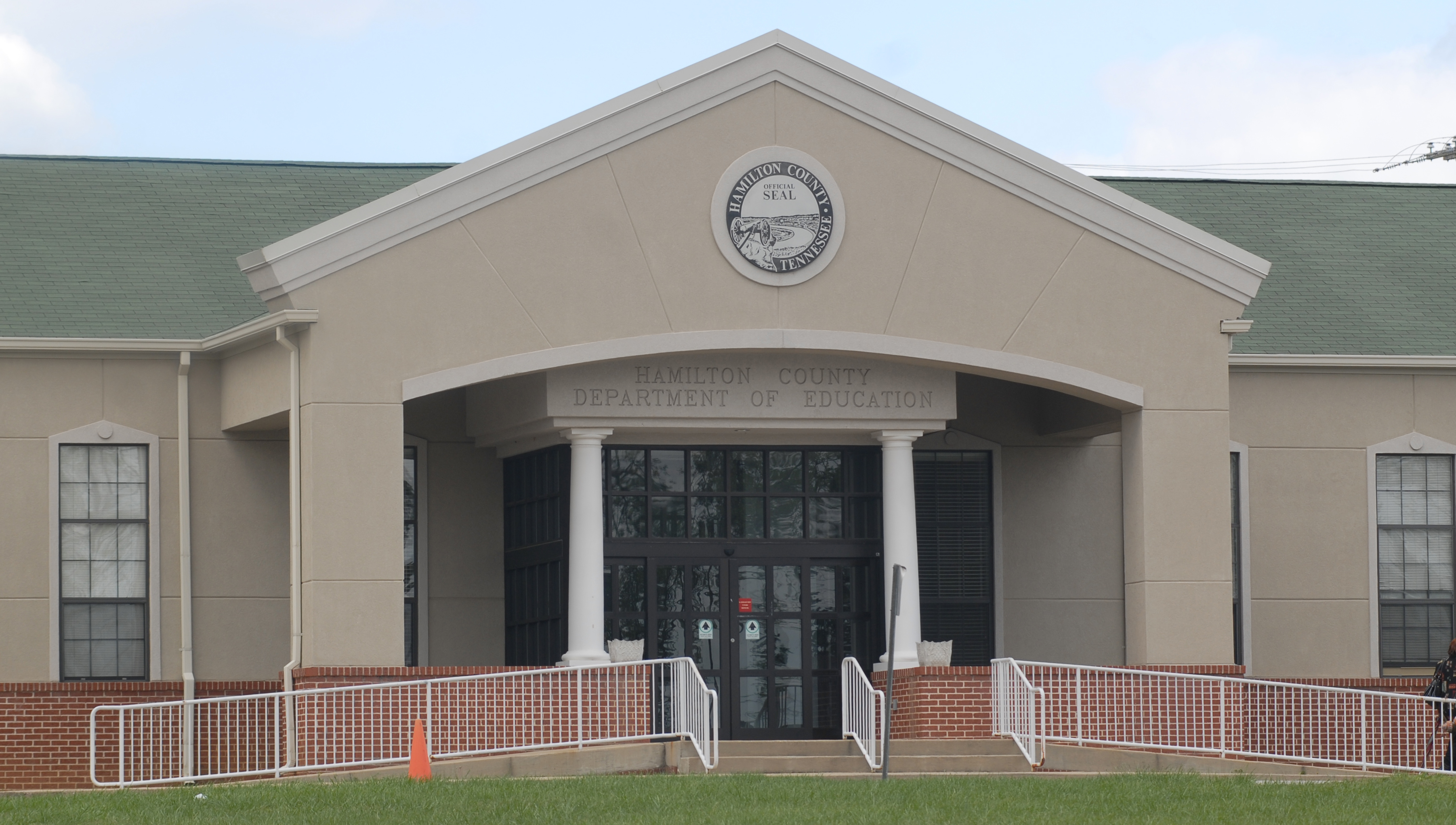Hamilton County Schools get $1.3 million boost from TennCare
Friday, January 1, 1904
Hamilton County Schools' special education department has saved more than $1 million over the last three years by seeking TennCare reimbursement for some of the services provided to special education students.
Only certain services for qualified students can be billed to TennCare, but school officials say the $1.3 million they have received helps them provide more services to more students.
"We've got a growing number of students requiring these services," said Margaret Abernathy, director of exceptional education. "If we didn't get the TennCare reimbursements, we couldn't provide the services to extra children."
Through its contract with the school system, Stellar Therapy Services bills TennCare for some of its occupational therapy, physical therapy, audiology and speech language pathology services.
The practice is common across the country, but Hamilton County is so far the state's largest school district to test the waters. School officials from Memphis, Nashville and Knox County said their special education departments don't bill TennCare, though several are exploring the option.
And Hamilton County says it will continue to expand its billing program so long as it meets state and federal regulations.
But so far it's unclear how much such moves will strain the state's already overburdened Medicaid program.
"Does it create more of a sustainability problem for Medicaid? Yes. Does it reduce a financial sustainability problem for the schools? Also yes. But at the end of the day, it's Tennessee taxpayers footing the bill for both," said Matt Salo, executive director of the National Association of Medicaid Directors.
He said schools in many states bill their Medicaid programs for school-based medical services.
"The care that they pay for generally tends to follow where the kids go, whether it be a doctor's office, a hospital or if they're getting medically necessary services in school," he said.
Officials at TennCare couldn't say how much funding is provided to Tennessee school districts annually.
Chattanooga-based Stellar Therapy Services provides Medicaid-funded services to 13 Tennessee school districts, said owner Melissa Christopher.
She said companies like hers have the in-house medical expertise to traverse the complexities of Medicaid, which educational agencies may not always have. Stellar submits reimbursement documentation to TennCare, which then sends funding directly to the school system.
"Just in general, we have found this to be a great benefit to school districts because they are systematically having budget cuts. And this is a way to bring new revenue into districts," Christopher said.
Hamilton County's special education population has increased in recent years. Abernathy said about 8,500 students were counted at the end of last year out of the district's 42,000 or so students. That figure includes about 2,200 gifted students, who also fall under the umbrella of exceptional education. But the overall number is also up by about 500 students since 2008. At the same time, special education staffing is down, Abernathy said.
The special education department serves students with a variety of issues, including autism, deafness, learning disabilities, speech impairments and intellectual disabilities. Some are in inclusion classrooms with regular education students, while others are in specialized programs at specific school sites.
Abernathy said the TennCare revenue helps them meet the growing need despite tight budgets.
"That's just added money that we put back into services for children," she said.

